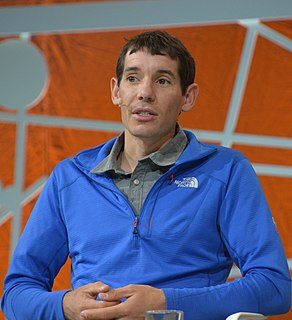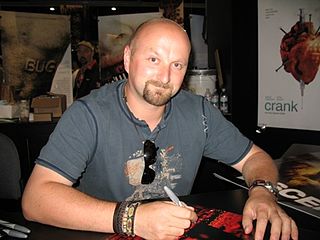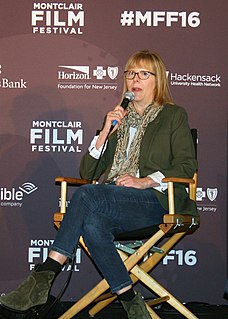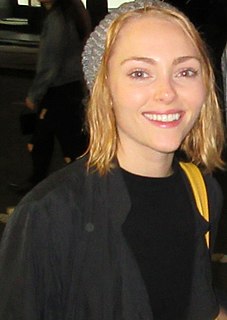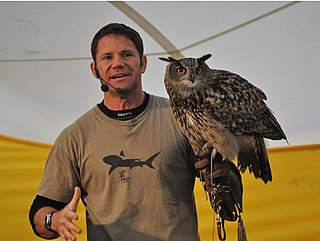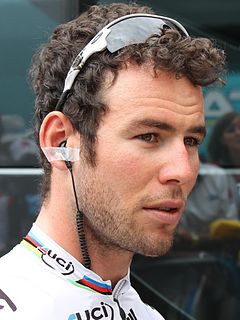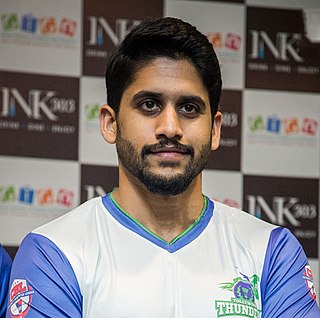A Quote by Alex Honnold
Filming typically takes a bit away from the climbing experience, since you have to stop all the time and shoot.
Related Quotes
In a general sense, I think it's bad to bring too much money into climbing, since it takes away a little from the beauty of the mountains. But at the same time, I can't blame the Nepali government - or the Indian, Pakistani or Chinese, depending on where you're climbing - from wanting to capitalize on foreign climbers.
For as privileged an actor as I have been, TV as a standard is short shrift. They have to do it so quickly that they don't stop and take a look. They just shoot. So that's one of the reasons I typically stay away from it. I think art is an act of consideration, and if you're not considering, I don't think you're really doing mankind a favor.
The landscape is a reflection of the inner life. Since I can't shoot the inner life, all I can shoot is the exterior but I know that when I'm filming outside, I'm filming inside. I can only really touch the inside through the mise-en-scene. So through the mise-en-scene of the outside we can explore the inside
Wayne Wang, the director, really helped me become a more mature actress. When I first started filming, I was really over the top. He just helped bring me down and make me real. That was really wonderful, a really wonderful experience. Also, what I learned about filming is it takes forever. I mean, there are so many different angles and shots. I mean, it just takes forever.
Making music is an emotional thing. And when you're on a video shoot with 50 people there, you have to somehow, in a non-emotional way, say what you want and not feel guilty for it. And that takes growing up and that takes... not caring how people perceive you as much. And it just takes experience, I think.
I'm still a tomboy. I mean, I obviously dress it up slightly more, but when I'm just me, I'm still very casual. I love comfort. Comfort is very key to me because I spend most of my time in very uncomfortable things, so it's all about trainers and flats. On a shoot, if they're like, "Play around a bit," I'm going to be climbing on top of things and jumping off, and people are going to be trying to stop me, like, "You mucked this up," and, "You're going to hurt yourself," while I'm flying around in heels, just being crazy.
